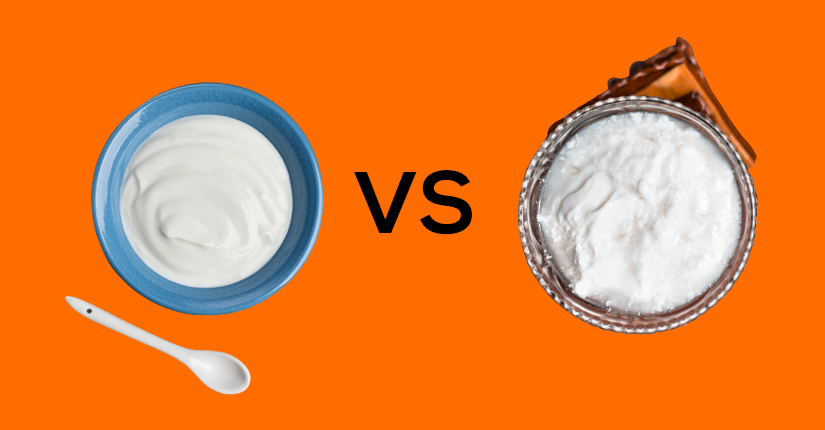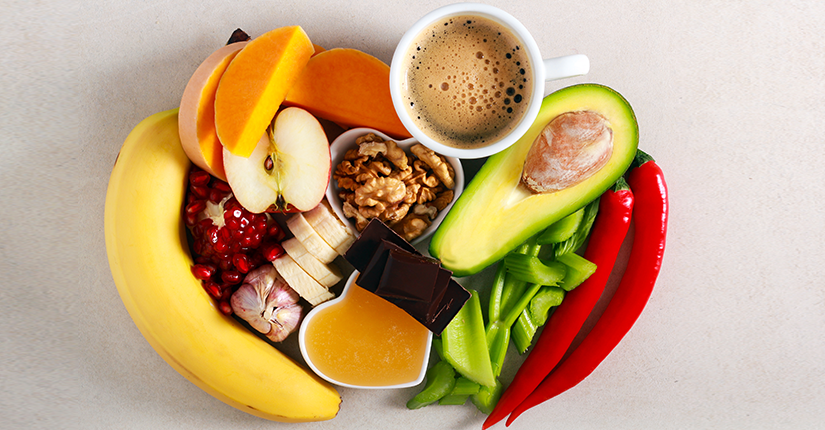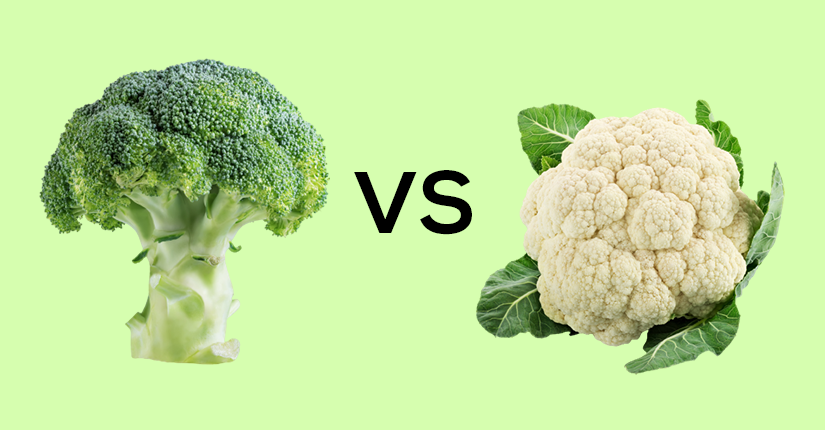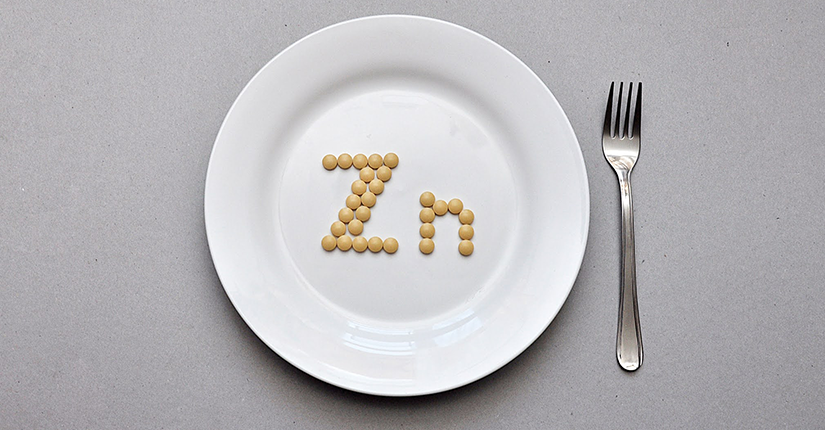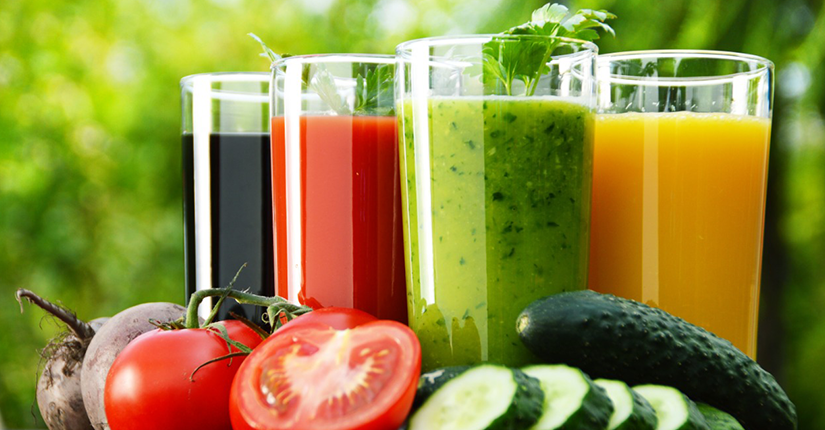Nutritional Guide – 5 Dietary Tips for Children with Down Syndrome
By Nmami Agarwal 21-Mar 2021 Reading Time: 4 Mins

Down syndrome is a genetic disorder in which a baby is born with an extra chromosome. A Child with Down syndrome is at a higher risk than the general population for certain health concerns.
Eating wholesome foods can help reduce some of the physical symptoms and increase overall health. Although good nutrition is encouraged in all ages, various conditions and symptoms associated to Down Syndrome may place higher barriers. And by building positive interactions between parents and children, good and healthy eating habits can not only flourish, but be embedded to last a lifetime.
Consequently, to make sure optimal health for your child, it’s essential to be mindful of nutrition choices. Some of them are as follows:
- Keep your child Hydrated – Children with Down syndrome are prone to constipation. If the child is not hydrating enough, their large intestine will soak all water from food as it’s being digested making it more difficult for their stools to pass through.
- Level up with Fibre – Kids with Down Syndrome often deal with digestive problems, which can lead to constipation. To combat constipation, a child with Down Syndrome should eat the following foods that are fibre rich such as apples, berries, avocado, lentils, bananas, quinoa, oats, popcorn, and sweet potatoes.
- Keep Obesity at Bay – Children with Down syndrome are likely to be overweight and have a higher risk of obesity. Their calories are burnt at a slower rate and are frequently diagnosed with an under-active thyroid which can contribute to weight gain. Feeding your child with nutrient dense foods and limit junk food without nutritional value.
- Avoid Sugary Drinks – Sodas, sports drinks, chocolate milk, and fruit juice have exorbitant amounts of sugar which makes it easier to gain weight and various problems. It is always important to be mindful of how much sugar your child is drinking since beverages are the biggest source of added sugars in children’s diets.
- Avoid Gluten – Children with Down syndrome have high incidence of celiac disease. So, a gluten-free diet can be varied and fulfilling which includes fruits, vegetables, eggs, quinoa, wild rice, beans, legumes, fish, poultry, and whole grains.
To conclude, establish eating habits by making small changes to their diet. An overnight change is likely to lead to resistance and fade quickly, but indigenous changes over time will make it easier on the child and the rest of the family to adjust to new eating habits.
Over to you:
Thus, these guidelines will help create a great nutritional foundation. Children going through the condition of Down Syndrome grow and gain independence, wherein they will have the right tools to make good choices on their own.

